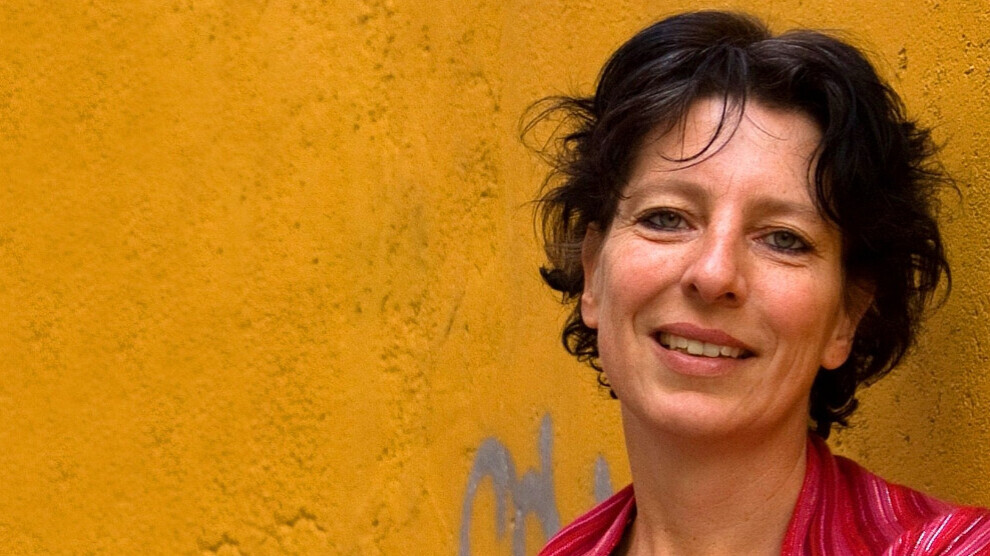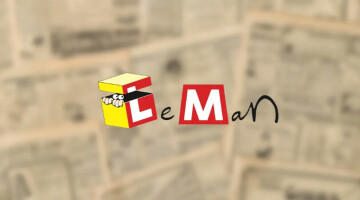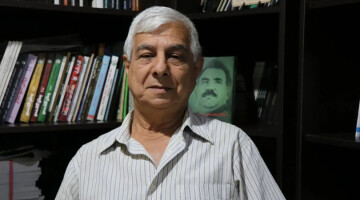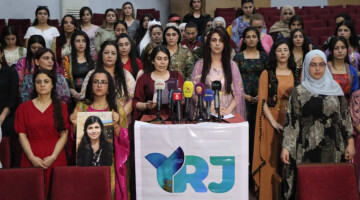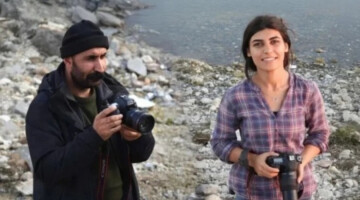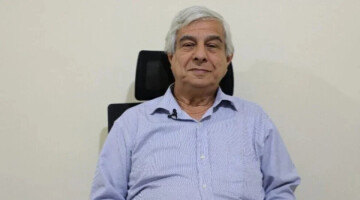Frederike Geerdink was deported from the Kurdistan Region of Iraq (KRI). The Dutch journalist wrote on Twitter: "I almost crossed the border into northeast-syria when suddenly the atmosphere changed. I was put in a car with police and brought to erbil airport, where I'm now. Persona non grata. Erdoğan's arm is long.”
"It is utterly sad that the authorities in the Kurdistan Region of Iraq are so afraid of a woman with a pen," Geerdink wrote further. She added that this also applies to local journalists, who are imprisoned more often than ever.
"I am so incredibly proud that my pen is too sharp for power. But you know what, all of you who write about Kurdistan and Turkey? Sharpen your pencils, they can't deport and ban us all," the journalist tweeted at Erbil (ku. Hewlêr) Airport. Apparently, the KDP authorities had demanded that Geerdink buy a ticket for her deportation. The journalist refused and stated that she would not finance her own deportation under any circumstances. Geerdink finally received support from the Dutch consulate.
Frederike Geerdink lived in Turkey for a long time and in 2014 became the first foreign correspondent to be charged with terror propaganda. The charges were based, among other things, on the accusation of spreading PKK-friendly messages via Twitter and other digital networks, as well as photos of supporters of the Kurdish Workers' Party.
Geerdink also interviewed the co-chair of the KCK Executive Council, Cemil Bayık, in the Medya Defense Zones and shook his hand. A photo of this was then published along with the interview. A few weeks before the indictment, the journalist had been arrested in a raid by the anti-terror police at her home in Amed (Diyarbakır) and taken away for questioning. The prosecution demanded up to five years in prison.
In April 2015, the trial against Geerdink came to a surprising end. The public prosecutor declared that, unlike his colleague who had prepared the indictment, he could not find any evidence of alleged "terror propaganda" in the files. Geerdink was acquitted, and the verdict was finally confirmed a year ago.
The case against her also sparked international protests because it was the first time that the Turkish "anti-terrorism paragraph" had been applied against a foreign correspondent. In September 2015, Geerdink was arrested in Hakkari and expelled from Turkey. In addition, the Turkish authorities banned her from entering the country. At the time, the journalist was researching the Roboski massacre, among other things. At the end of 2011, 34 people were killed in the village near the Uludere in district of Şırnak province when the Turkish air force bombed a caravan of mainly underage border traders.
One year with the PKK
After her expulsion from Turkey, Geerdink wanted to continue her studies on the Kurdish question and spent a year with the guerrillas of the Kurdistan Workers' Party (PKK) to write a book on the Kurdish freedom movement from the inside view. Geerdink's book, first published in Dutch, was published in English last year under the title "This Fire Never Dies - One Year with the PKK" by the communist publishing house Left Word in New Delhi, India.
In June 2021, Frederike Geerdink was refused entry to Southern Kurdistan; like many other members of the peace delegation that gave rise to the "Defend Kurdistan" initiative, the journalist was turned back at the airport in Hewlêr.

